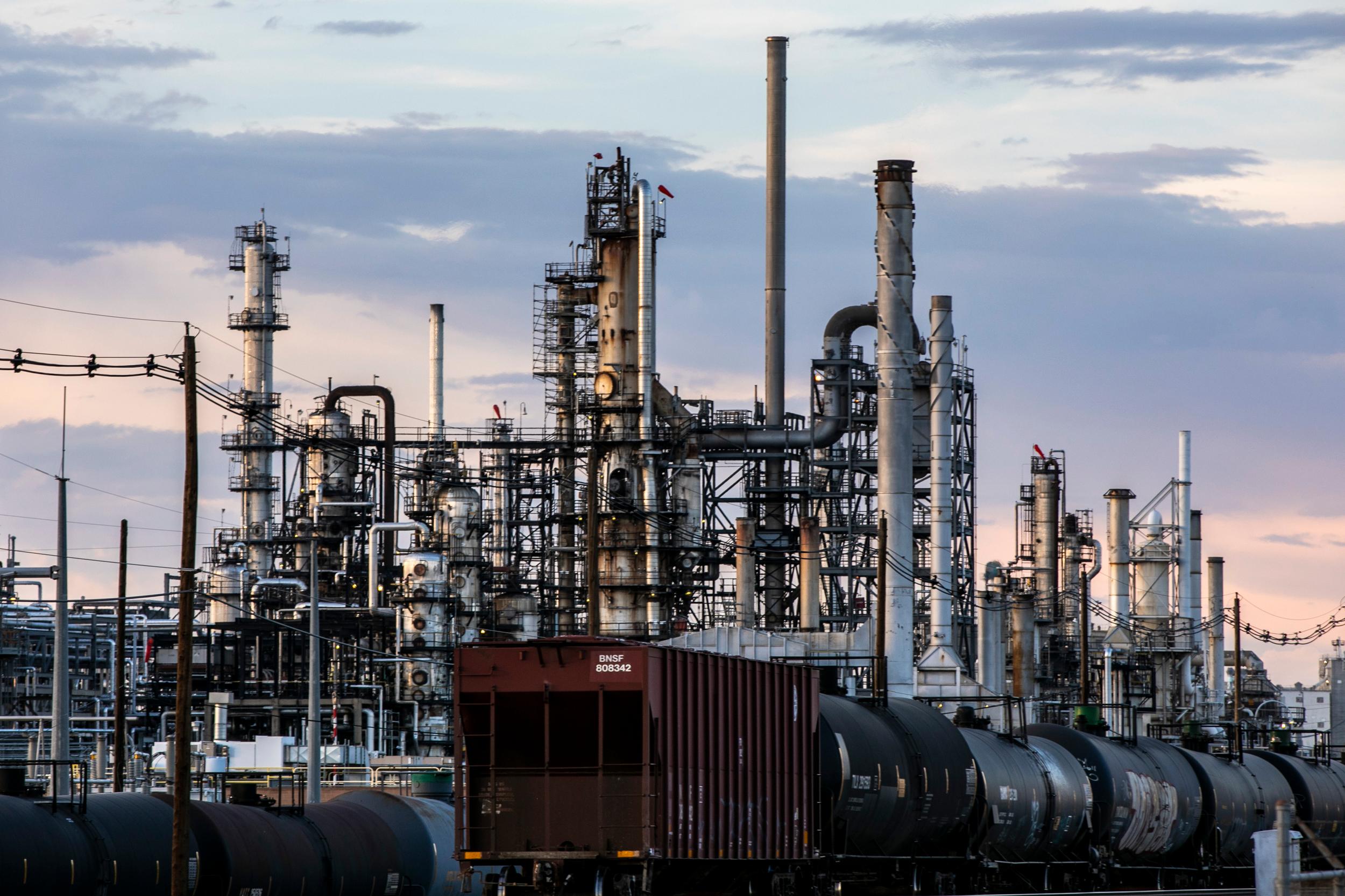
As Colorado prepares to tackle climate change, there are already worries the process will neglect racial equity.
On Monday, more than 100 environmental advocates and elected officials co-signed a letter to Gov. Jared Polis and state agencies responsible for meeting Colorado’s ambitious climate goals. If marginalized communities aren’t more included in the process, the letter warns the final response will mainly protect communities least affected by the climate crisis.
“If Colorado is not diligent, we could end up with policies that reduce carbon emissions overall but continue to create and maintain hotspots of inequitable pollution and economic vulnerability,” it reads.
The letter comes as the state air quality regulators are set to detail plans to meet the climate goals. If successful, the effort would require a complete overhaul of Colorado’s economy, affecting homes, transportation, manufacturing, and oil and gas production. A recent state analysis found Colorado remains far off track to meet its 2030 goal, which requires a 50 percent reduction in emissions compared to a 2005 baseline.
The process has sparked tension between Polis and environmental groups. WildEarth Guardians and the Environmental Defense Fund have each filed lawsuits against the administration in the last month, claiming it failed to meet a July 1 deadline to detail plans to meet the reduction goals.
The effort also coincides with the recent reckoning over racial justice. Since protests erupted over police brutality and George Floyd’s killing in Minneapolis, activists and scientists have highlighted the many links between environmental injustice and climate change. One recent study found Black and Latino communities are exposed to far more air pollution than white neighborhoods in the U.S. A lack of resources can also make it more difficult for people to adapt when a town burns or rising seas overtake a community.
To address those big challenges, Ean Tafoya, an organizer with GreenLatinos, said state air regulators need to focus on inclusion. The state Air Quality Control Division, part of the Colorado Department of Public Health and Environment, is currently working with groups as it puts together a “roadmap” to meet the greenhouse gas emissions reductions goals.
So far, Tafoya said the process has failed to prioritize racial equity.
“We want to make sure equity is baked into every decision that they’re making — and that’s the only way to get into climate justice,” he said.
Signatories include Democratic state House Speaker KC Becker, Democratic state Sens. Faith Winter and Dominick Moreno, Lafayette Mayor Jamie Harkins and Colorado Springs Councilmember Yolanda Avila.
The letter further claims such inclusion is required by law. The legislation setting greenhouse gas targets requires regulators to identify communities most affected by climate change and solicit their input.
Democratic state Rep. Dominique Jackson sponsored Colorado’s climate action plans. She said the legislation is clear about the need to include marginalized communities.
“Our state must engage the most impacted communities in its plan to meet our emissions reduction targets,” she said. “Any recommendations coming from the roadmap process must be both good for the climate and especially, at-risk communities.”
While the Air Quality Control Commission is planning to address the topic in a meeting later this week, Tafoya said it only added the portion in response to outside pressure from citizens and environmental groups.
“We wouldn’t be in this upheaval over white supremacy if we felt we were included in policy decisions,” he said.
An AQCC subcommittee is holding a public meeting about greenhouse gas reduction goals Tuesday. The full panel is scheduled to hold its regular monthly meeting on Thursday.









